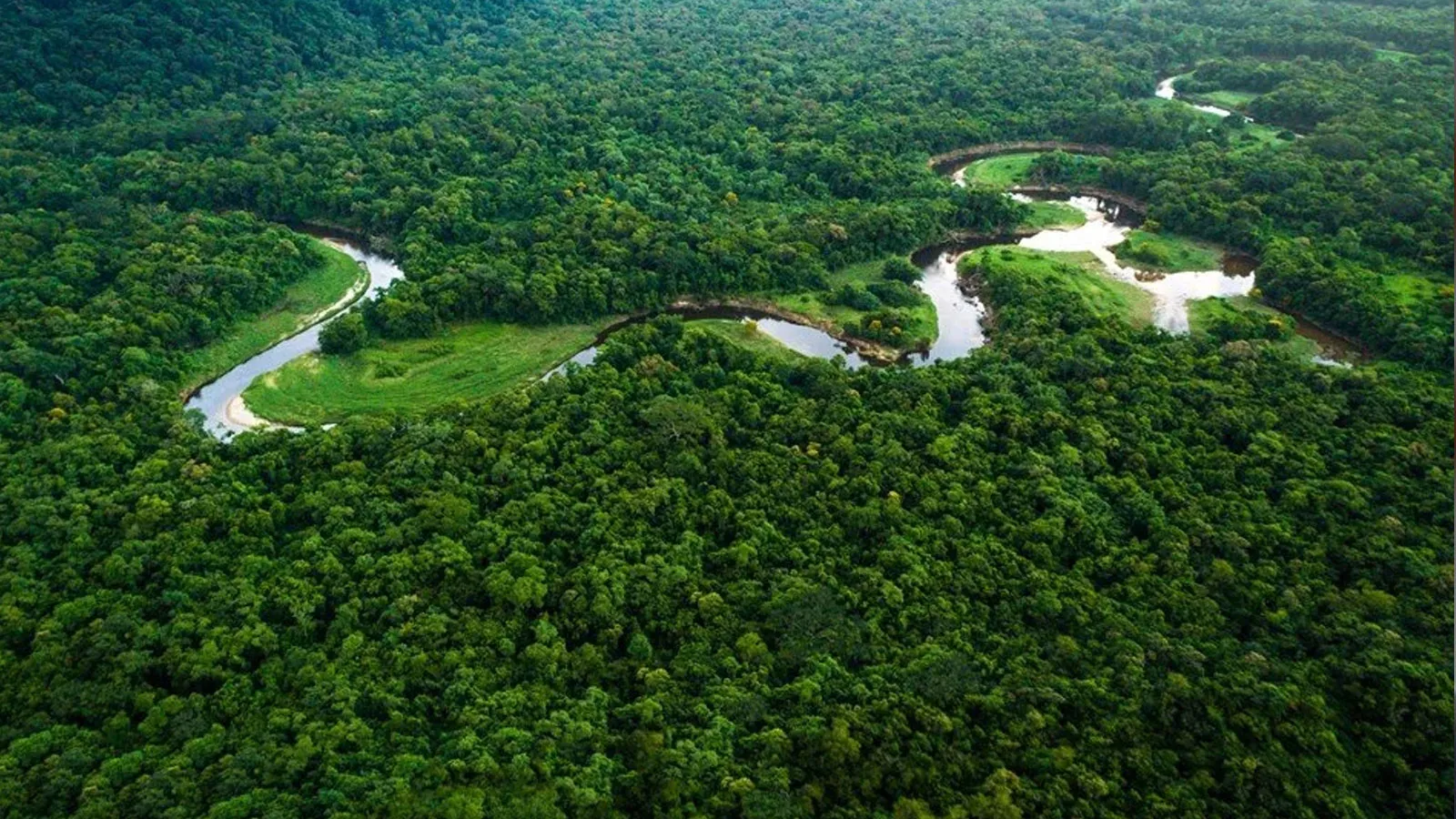In the heart of the Bolivian jungle, the Tsimane community offers a unique glimpse into aging and health. Despite living in one of the world’s most remote regions, the Tsimane people exhibit remarkably youthful cardiovascular health and slower brain aging compared to industrialized populations.
Martina Canchi Nate, a member of the Tsimane, is 84 years old yet exhibits physical vigor uncommon for her age. Her daily activities, such as harvesting yucca and plantains, reflect a lifestyle that significantly differs from modern, sedentary living. This lifestyle is a key factor in the Tsimane’s health, as they engage in high levels of physical activity and subsist on a diet low in fats and rich in carbohydrates and fiber.
The Tsimanes’ exceptional health has drawn the attention of scientists, led by anthropologist Hillard Kaplan from the University of New Mexico. Over two decades, researchers have studied the Tsimane to understand the impact of their traditional lifestyle on aging and health. Their findings reveal that the Tsimanes have some of the healthiest arteries ever documented, with 65% of those over 75 showing no signs of coronary artery calcium (CAC), a marker of heart disease. This contrasts sharply with the majority of Americans of similar age, where 80% have CAC.
Furthermore, a 2023 study published in the Proceedings of the National Academy of Sciences highlighted that elderly Tsimanes experience up to 70% less brain atrophy compared to their counterparts in industrialized countries, and there have been no recorded cases of Alzheimer’s among them.

The Tsimanes’ lifestyle includes continuous physical activity, minimal sedentary time, and a diet high in fiber and low in processed foods. Their traditional diet, predominantly composed of carbohydrates and proteins from hunted animals, contrasts with the higher fat intake common in industrialized nations.
Despite their robust health, the Tsimanes face challenges. Life expectancy, once around 45 years, has risen to 50 years due to better healthcare access, though many still experience childhood diseases and high infant mortality. Recent environmental changes, such as forest fires and increased access to processed foods through modern transport, are beginning to affect their health. There are rising cases of diabetes and cholesterol issues among the younger generation.
As their lifestyle shifts with modern influences, the Tsimanes’ health profile is expected to change. Nevertheless, the insights gained from studying this community highlight the profound impact of diet, physical activity, and lifestyle on aging and cardiovascular health. The Tsimanes continue to navigate these changes, maintaining a traditional lifestyle while adapting to new realities, as they face the future with resilience and adaptability.


















